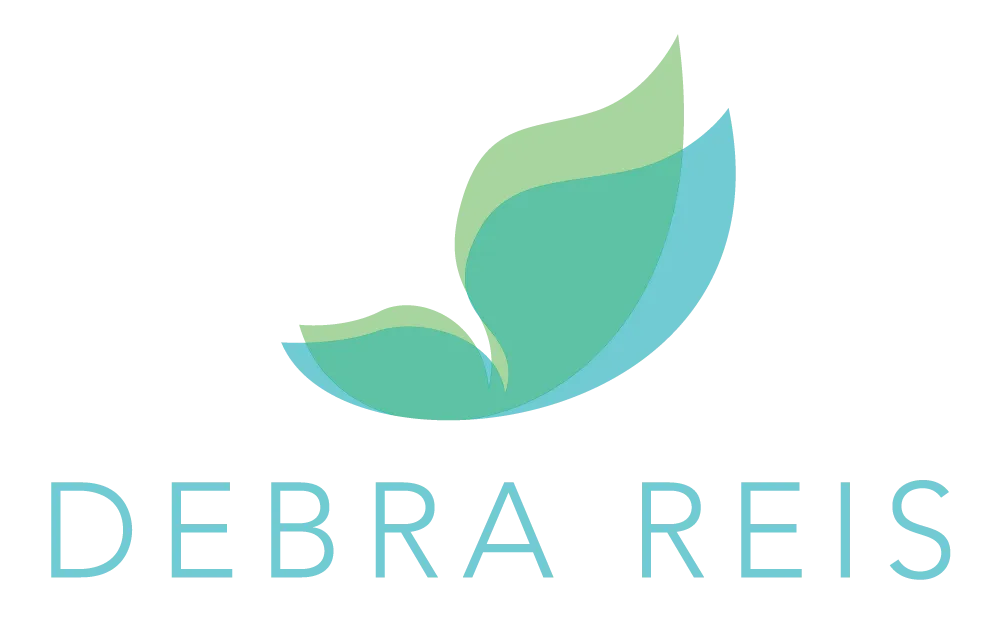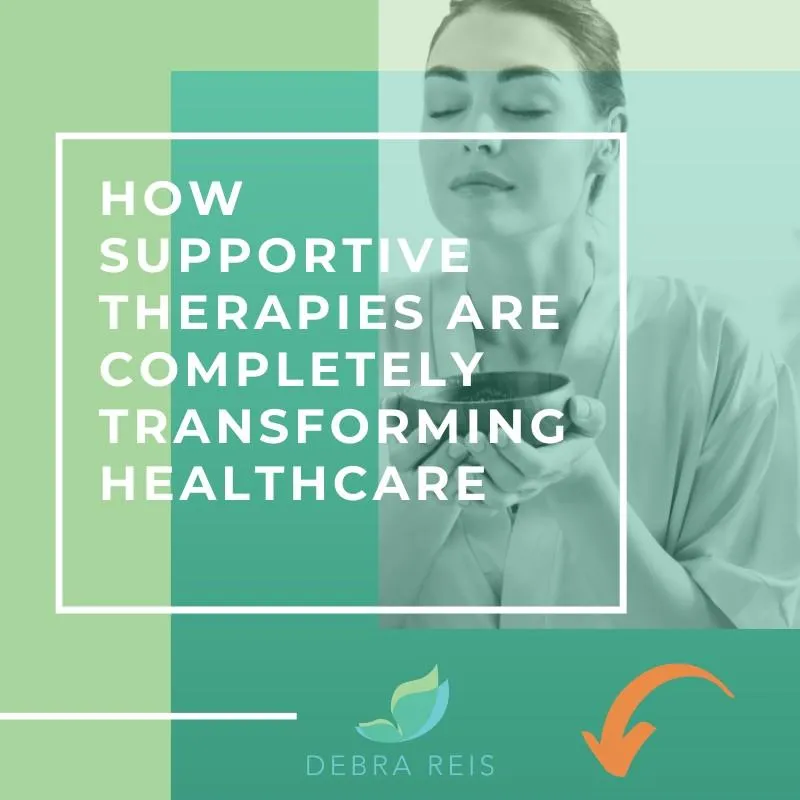BLOG
Supportive Therapies For Better Outcomes — Enrich Your Life Through Relaxation Techniques, Aromatherapy, and Gentle Movement.

reduce chaos for your frontline nurses through holistic therapies
Reduce Chaos for Your Frontline Nurses Through Holistic Therapies
We are in a healthcare crisis created by many stress factors - covid, mental health concerns, drug overdose, and more. Combine this with short staffing, low resources, and inadequate supplies to care for others and you get healthcare workers who are frustrated, anxious, and burned out. Chaos affects us all! We will all need healthcare at some time, and quality may not be available. We need to shift the tide - Now!
Current Solutions are Not Working
The usual approach to help retain nurses is to offer monetary incentives, covid relief bonuses, and sign-on packages, which are not working anymore. Often, there is greater resentment and frustration with those workers who have remained with the organization. We even have the National Guard, and travel nurses filling open positions. These are temporary fixes and do not address the root of the problem. We may feel too busy to research and “test” new ideas for staff retention - we can’t afford to take our precious time!
Current Resources Don’t Resolve the Issue

Nurses are the backbone of our healthcare system.
Many organizations have Employee Assistance Programs, or EAP, but recent surveys still have nurses saying they don’t feel they have any emotional support or resources from their organizations. (1) Others report that they don’t have time, cannot adjust their schedule, or EAP is not something that resonates with them.
Other strategies suggested include relaxation apps or teaching handouts.
Who has time to pull up an app or find a handout when you are in crisis?
Some places do have programs to help staff cope with traumatic events. These can be an excellent service to healthcare staff but usually occur after the event.
Paradigm Shift - Mind/Body/Spirit Balance
It’s time for new ideas to help restore and renew staff.
Instead of reverting to “old ways” of retention or recruiting, why not provide innovative strategies to bring coping and renewal in times of chaos?
Consider holistic therapies that you can offer in 5 minutes or less to cultivate peace. Let’s show and share that healthcare workers' mind/body/spirit balance is essential!
Holistic Therapies Defined
Holistic therapies are also known as supportive, complementary, or alternative therapies. These therapies are not typically taught in nursing or medical schools nor integrated with healthcare organizations. However, these modalities are recognized nationally by the National Institute of Health, National Center for Complementary and Integrative Health, which provides significant funding for research in the area of holistic therapies. There are a variety of categories in the center, and the Mind/Body category is where many therapies fall that are used in the clinical setting.
Three Pillars for Holistic Therapies
Relaxation Therapies - breath work, visualization, energy work, and massage therapy are included in practice.
Effective Aromatherapy - essential oils are being used more often for patients in clinical settings primarily with inhalation and diffusion. Consideration must be given to safety and use in practice.
Gentle Movement - these therapies such as yoga, Nia, Ageless Grace, and even walking are gaining more importance in the inclusion of patient assessments and care plans.
Ways you can utilize holistic therapies to calm the chaos fast:
Consider specific breath work to soothe yourself under stress.

Use a portable aromatherapy inhaler with Rosemary or Peppermint essential oil to aid in mental clarity.
Stretch with intention with your arms over your head - which releases tension in your neck and shoulders and takes less than 30 seconds!
The Supportive Therapy Engagement Program (S.T.E.P.) provides several strategies and tools to bring holistic therapies into the clinical setting for healthcare workers to reduce their chaos in 5 minutes or less. This online program integrates the three pillars of holistic therapies into the 4 categories of Body, Mind, Emotions, and Spirit.
Holistic therapies can be used successfully by busy healthcare workers in clinical settings. These therapies are effective and beneficial to relieve stress and bring you back to a place of peace and balance.
Click here to view the trailer about S.T.E.P.
References:
Kirzinger A., Kearney A., Hamel L., Brodie M. (2021). The toll of the coronavirus pandemic on health care workers. The Washington Post Frontline Health Care Workers Survey.
Disclaimer
This blog is provided for educational and informational purposes only and is not medical, mental health, or healthcare advice. Although Debra Reis is a Clinical Nurse Specialist licensed in the state of Michigan, she is not acting in that capacity here. Debra Reis is acting as a holistic educator and consultant, not as a licensed medical health professional or in her professional capacity as a Clinical Nurse Specialist. The information presented here is not intended to diagnose, treat, heal, cure or prevent any illness, medical condition, or mental or emotional condition. Working with us is not a guarantee of any results. Debra Reis, Wellness Services, LLC owns all copyrights to the materials presented here unless otherwise noted.

reduce chaos for your frontline nurses through holistic therapies
Reduce Chaos for Your Frontline Nurses Through Holistic Therapies
We are in a healthcare crisis created by many stress factors - covid, mental health concerns, drug overdose, and more. Combine this with short staffing, low resources, and inadequate supplies to care for others and you get healthcare workers who are frustrated, anxious, and burned out. Chaos affects us all! We will all need healthcare at some time, and quality may not be available. We need to shift the tide - Now!
Current Solutions are Not Working
The usual approach to help retain nurses is to offer monetary incentives, covid relief bonuses, and sign-on packages, which are not working anymore. Often, there is greater resentment and frustration with those workers who have remained with the organization. We even have the National Guard, and travel nurses filling open positions. These are temporary fixes and do not address the root of the problem. We may feel too busy to research and “test” new ideas for staff retention - we can’t afford to take our precious time!
Current Resources Don’t Resolve the Issue

Nurses are the backbone of our healthcare system.
Many organizations have Employee Assistance Programs, or EAP, but recent surveys still have nurses saying they don’t feel they have any emotional support or resources from their organizations. (1) Others report that they don’t have time, cannot adjust their schedule, or EAP is not something that resonates with them.
Other strategies suggested include relaxation apps or teaching handouts.
Who has time to pull up an app or find a handout when you are in crisis?
Some places do have programs to help staff cope with traumatic events. These can be an excellent service to healthcare staff but usually occur after the event.
Paradigm Shift - Mind/Body/Spirit Balance
It’s time for new ideas to help restore and renew staff.
Instead of reverting to “old ways” of retention or recruiting, why not provide innovative strategies to bring coping and renewal in times of chaos?
Consider holistic therapies that you can offer in 5 minutes or less to cultivate peace. Let’s show and share that healthcare workers' mind/body/spirit balance is essential!
Holistic Therapies Defined
Holistic therapies are also known as supportive, complementary, or alternative therapies. These therapies are not typically taught in nursing or medical schools nor integrated with healthcare organizations. However, these modalities are recognized nationally by the National Institute of Health, National Center for Complementary and Integrative Health, which provides significant funding for research in the area of holistic therapies. There are a variety of categories in the center, and the Mind/Body category is where many therapies fall that are used in the clinical setting.
Three Pillars for Holistic Therapies
Relaxation Therapies - breath work, visualization, energy work, and massage therapy are included in practice.
Effective Aromatherapy - essential oils are being used more often for patients in clinical settings primarily with inhalation and diffusion. Consideration must be given to safety and use in practice.
Gentle Movement - these therapies such as yoga, Nia, Ageless Grace, and even walking are gaining more importance in the inclusion of patient assessments and care plans.
Ways you can utilize holistic therapies to calm the chaos fast:
Consider specific breath work to soothe yourself under stress.

Use a portable aromatherapy inhaler with Rosemary or Peppermint essential oil to aid in mental clarity.
Stretch with intention with your arms over your head - which releases tension in your neck and shoulders and takes less than 30 seconds!
The Supportive Therapy Engagement Program (S.T.E.P.) provides several strategies and tools to bring holistic therapies into the clinical setting for healthcare workers to reduce their chaos in 5 minutes or less. This online program integrates the three pillars of holistic therapies into the 4 categories of Body, Mind, Emotions, and Spirit.
Holistic therapies can be used successfully by busy healthcare workers in clinical settings. These therapies are effective and beneficial to relieve stress and bring you back to a place of peace and balance.
Click here to view the trailer about S.T.E.P.
References:
Kirzinger A., Kearney A., Hamel L., Brodie M. (2021). The toll of the coronavirus pandemic on health care workers. The Washington Post Frontline Health Care Workers Survey.


